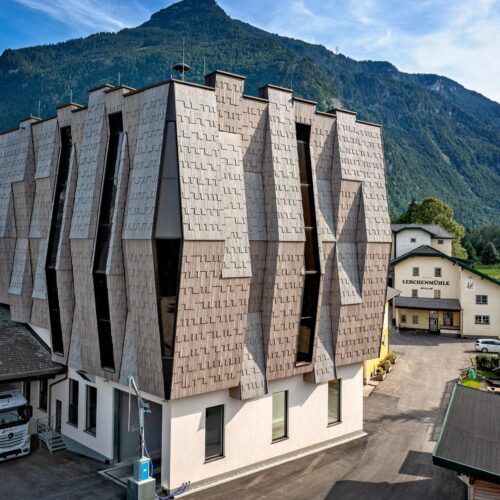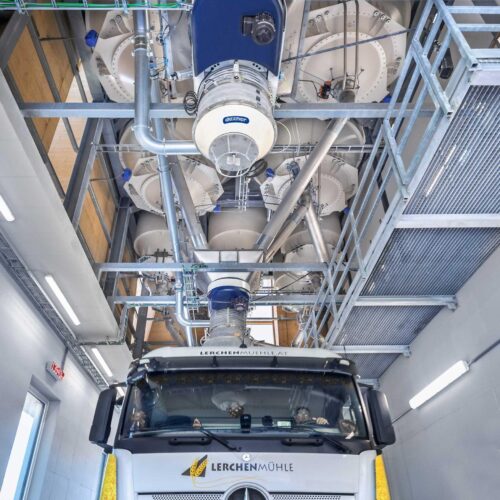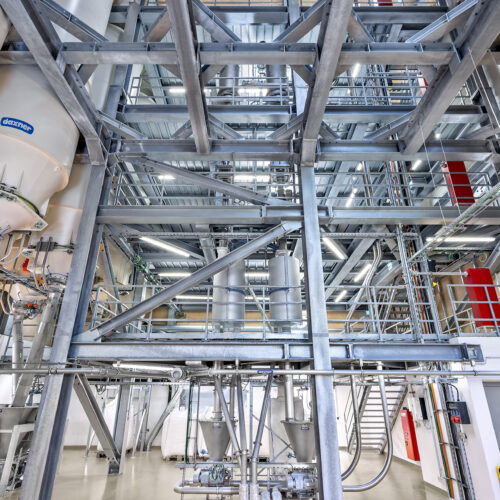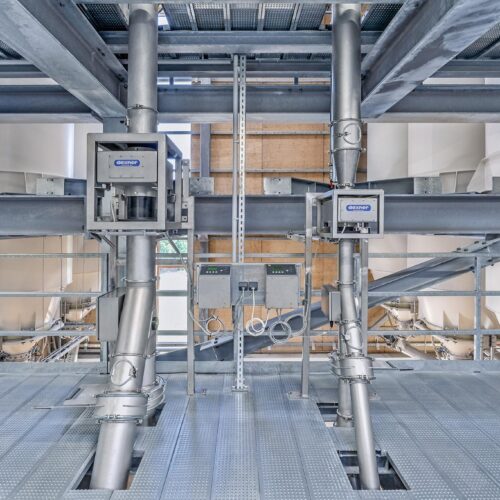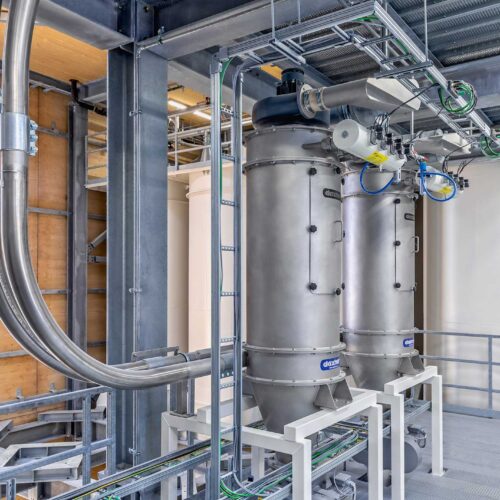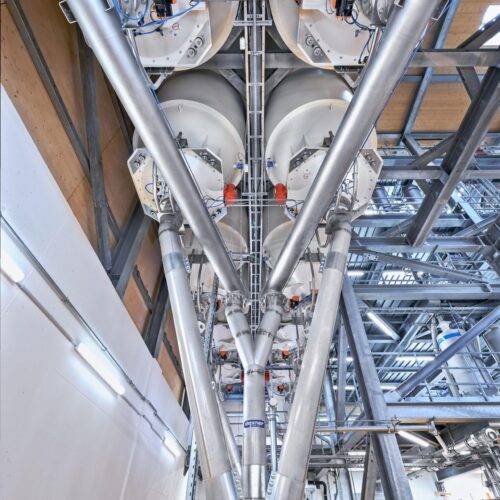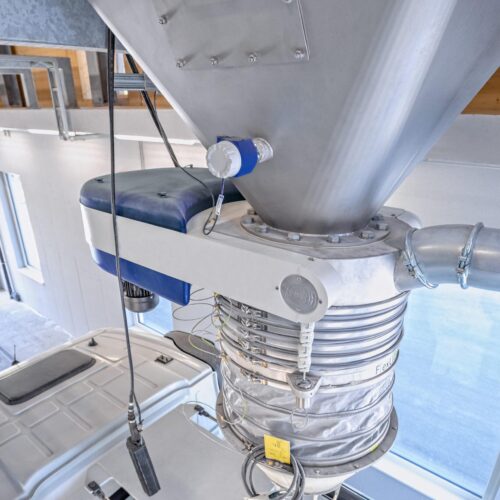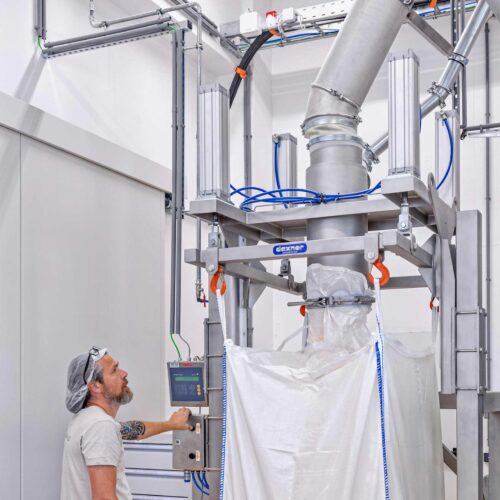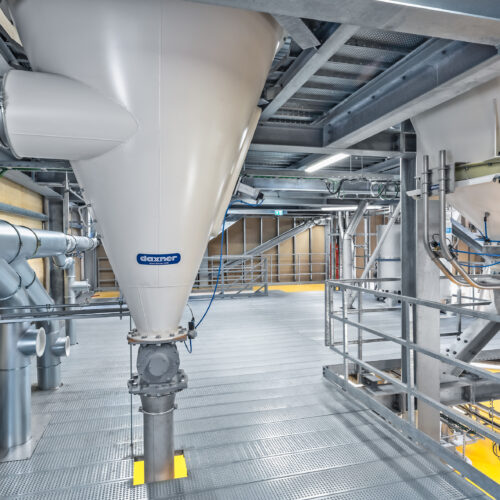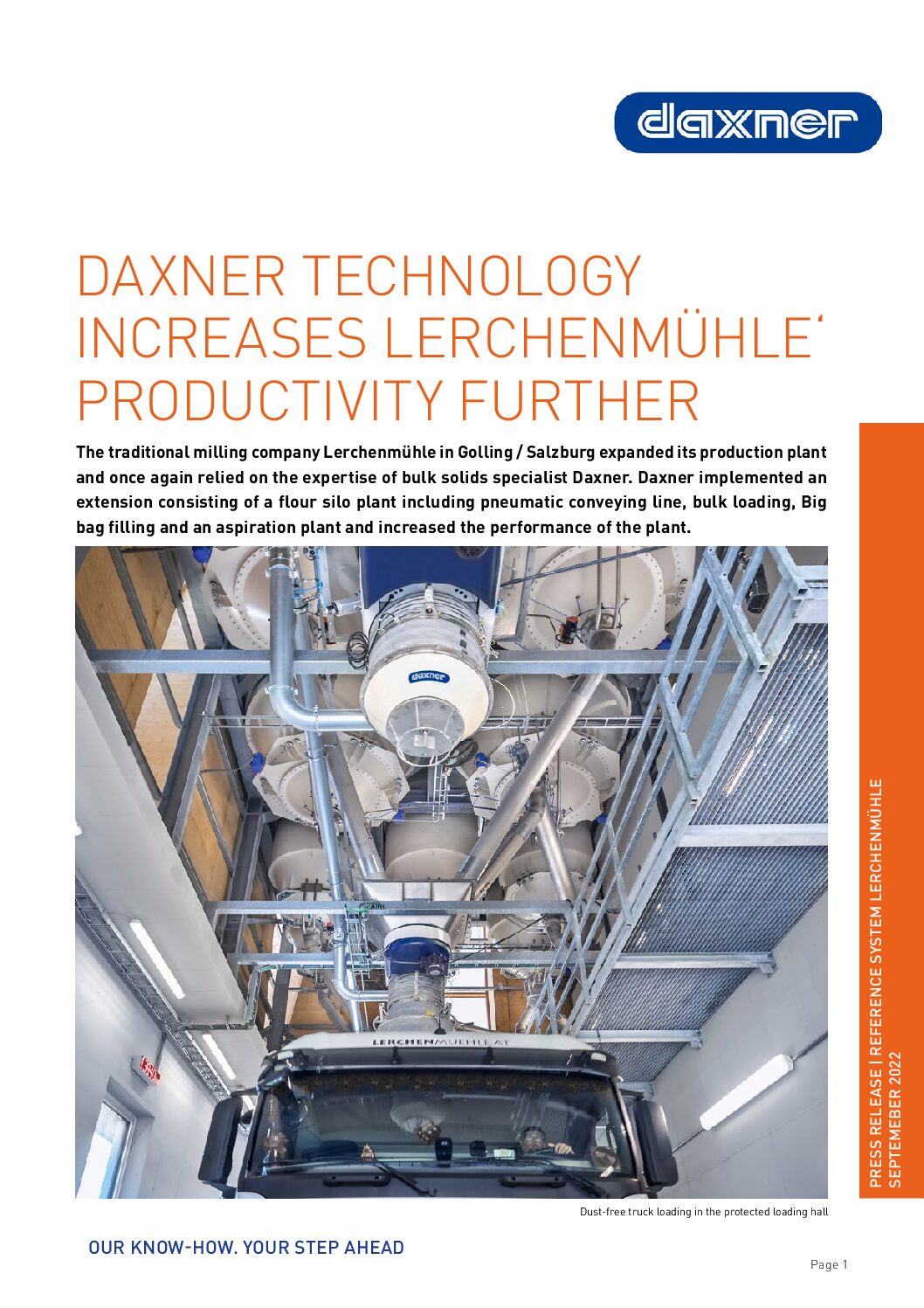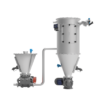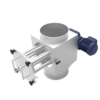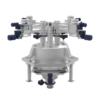The traditional milling company Lerchenmühle in Golling/Salzburg expanded its production plant and once again relied on the expertise of bulk solids specialist Daxner. Daxner implemented an extension consisting of a flour silo plant including pneumatic conveying line, bulk loading, big bag filling and an aspiration plant and increased the performance of the plant.
Description
First mentioned in a document in 1495, the Lerchenmühle in picturesque Golling in Salzburg is today owned by the Wieser family in the 4th generation. After an extensive reconstruction in 2010, the company decided to expand its operations once again. “During the last modernization of our mill, we were able to triple our output volume. At that time, Daxner was responsible for the entire planning and realization of the plant. Thanks to our positive experiences in the past, it was clear that we would again rely on Daxner’s expertise when upgrading the system. With the new loading silo system, we manage 25 tons of flour within 30 minutes,” reports mill owner Gerhard Wieser.
Lower costs and less downtime thanks to two separate conveyor lines
“We wanted to be even more efficient in the manufacturing of our products,” confirms Gerhard Wieser “Daxner proposed to carry out the pneumatic conveying of raw materials within the plant in two separate lines.” One line transports gluten-containing, the second gluten-free cereal products, such as corn flour, to the silos. By separating them this way, Lerchenmühle avoids cross-contamination and consequently increases safety for end customers. For the milling company, the two conveyor lines mean reduced cleaning requirements and, consequently, lower personnel costs. Since the two separate systems ensure allergen-free handling, downtimes caused by cleaning efforts are a thing of the past: Plant productivity increases.
Multiple checks for increased product safety
The finished ground products are inspected several times during the pneumatic conveying process to ensure a high level of food safety. On the one hand, this is done by a metal detector that sorts out metallic foreign bodies. On the other hand, an impact machine removes insect eggs in flour and semolina after the milling process. In addition, the finished products are subjected to control sifting to ensure that there are no foreign bodies in the flours or semolina.
Full flexibility in storage of finished flours and by-products
At the heart of the plant expansion are the new silo facilities in Hygienic Design. 24 silos with a total utilization volume of 750 m3 provide Lerchenmühle with the highest possible flexibility for flour storage. “The addition of the new silos to our plant allows us to store products for a certain period of time. We don’t always have to produce just in time, as we did in the past, but maintain flexibility in production,” explains Gerhard Wieser. Since the silos are divided into gluten-free and gluten-containing products, the cleaning effort is significantly reduced and the plant costs are amortized quicker. What all silos have in common is that the dusty exhaust air is extracted via an aspiration line into the aspiration area of the plant. Further production expansions have already been taken into account, so that a further expansion is possible in the coming years.
Discharging and filling according to customer requirements
Lerchenmühle has various processes for discharging the gluten-free products at its dispoosal. Six identical silos, each with a usable volume of 25 m3, allow filling either into Big bags or into a bagging system for large containers. The Big bag filling system Eco Basic from Daxner allows weighing up to 1,000 kg, with various Big bag sizes possible. Four silos with a utilization volume of 25 m3 are available for small-scale packaging. Gluten-containing products are filled from four additional silos on two separate packing machines.
Dust-free truck loading without external influences
For the loading into tank trucks, Daxner implemented a system that ensures high loading capacities. It is equipped with a weighbridge and a loading control including visualization program. The tanker enters the loading silo and is positioned under the loading chute on a weighbridge. If the position is correct, the loading chute docks and ensures virtually dust-free filling and high loading rates. 25 tons of flour can be loaded in a short time. The entire loading process takes place in a loading hall, which protects the process from external influences. Flour, semolina and bran are loaded separately, ensuring allergen-free handling.
Hygienic design as a benchmark
“In addition to the flexibility of the production process, we placed particular emphasis on hygiene,” says Gerhard Wieser. Daxner constructed the entire plant according to Hygienic Design standards. End customers can rest assured that their product will be produced according to the highest quality standards.
Key components
for this solution
Sounds interesting?
Let us know.
Send us your inquiry and a technical sales person is calling you back to talk about your projects or find a DAXNER partner company around you.
